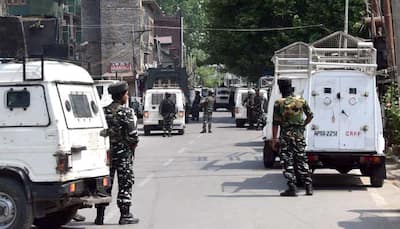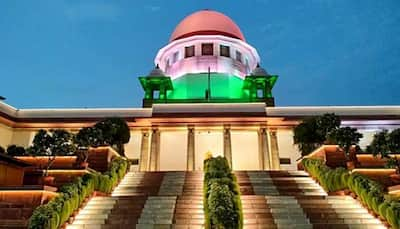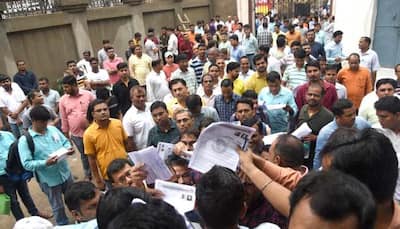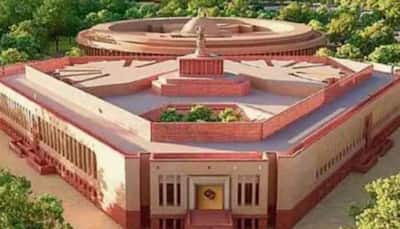In a big judgement that will regulate the acquisition of land and private property by the government, a Supreme Court bench of nine judges said that not all private properties can be acquired. While eight justices favoured the decision, one dissented. The nine-judge bench, while delivering a verdict on whether the State can take over private properties to distribute to subserve the common good, ruled that all private properties are not material resources and hence cannot be taken over by states.
The majority verdict given by CJI Chandrachud, Justices Hrishikesh Roy, JB Pardiwala, Manoj Misra, Rajesh Bindal, SC Sharma and Augustine George Masih overruled several verdicts post-1978 that had adopted the socialist theme and ruled that states could take over all private properties for the common good.
The majority opinion authored by Chief Justice of India DY Chandrachud held that all private properties cannot form part of the ‘material resources of the community’ under Article 39(b) of the Constitution and can’t taken over by State authorities to subserve the “common good”. Article 39(b) of the Constitution provides that the state shall direct policy to ensure “ownership and control of the material resources of the community are so distributed as best to sub-serve the common good”.
The majority opinion stated that interpreting all privately owned properties as resources the state could use for the “common good” implied a “rigid economic theory promoting increased state control over private assets.”
However, it clarified that states could assert claims over private properties in specific situations.
The verdict, delivered by Chief Justice Chandrachud and Justices Hrishikesh Roy, JB Pardiwala, Manoj Misra, Rajesh Bindal, SC Sharma, and Augustine George Masih, overturned several post-1978 rulings that embraced a socialist perspective and upheld the state’s right to take over private properties for public benefit.
Justice BV Nagarathna partially disagreed with the majority judgement and gave separate judgement, while Justice Sudhanshu Dhulia dissented on all aspects. The verdict of the top court came on a batch of petitions that initially arose in 1992 and were subsequently referred to a nine-judge bench in 2002. (With Agency Inputs)
Stay informed on all the , real-time updates, and follow all the important headlines in and on Zee News.








